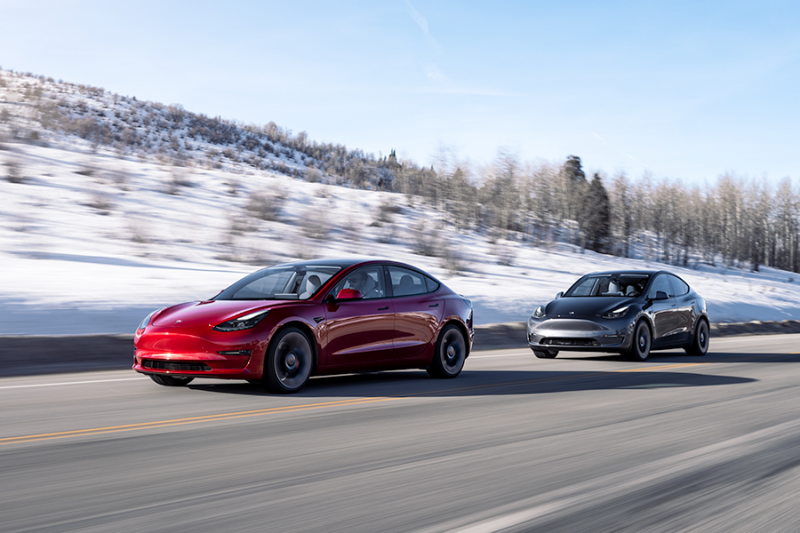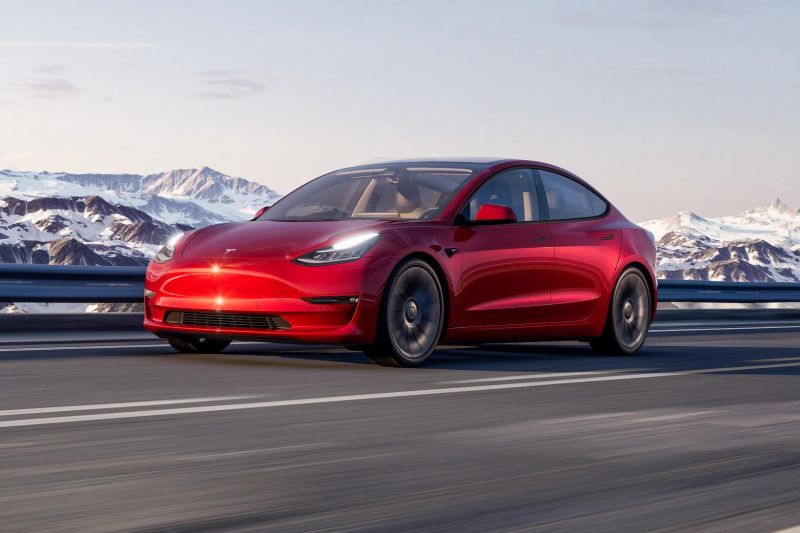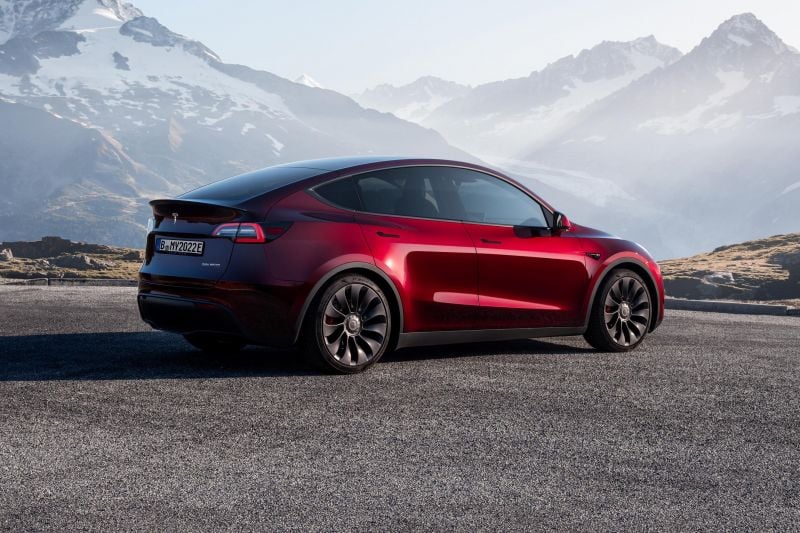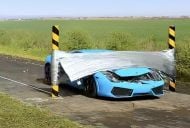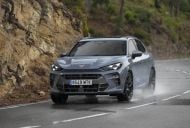The Korea Fair Trade Commission (KFTC) has fined Tesla, alleging the US automaker exaggerated the range of its vehicles in cold weather, among other breaches of local legislation.
Reuters reports the antitrust regulator has imposed a 2.85 billion won (A$3.3 million) fine on the company for not advising customers the electric range of its vehicles would decrease in low temperatures.
The regulator found that Tesla vehicles’ electric range could decline by as much as 50.5 per cent in cold conditions.
It appears a small change in wording may have proved costly for Tesla, as its Korean website advertised vehicles are “able to drive more than [X]km on a single charge” but its US website uses the wording “up to [X]km”.
Tesla also provided winter driving tips on its website, but didn’t note the loss of driving range in sub-zero temperatures.
The KFTC found that, since August 16, 2019, Tesla had breached the Display and Advertising Act by not only exaggerating the driving range of its vehicles, but also misrepresenting the amount of savings in fuel costs compared to combustion-powered vehicles and exaggerating the performance of its Superchargers.
On the latter, the KFTC said Tesla had advertised charging performance on its website based on optimal conditions using the V3 Supercharger, which the automaker only started installing in Korea in 2021.
The KFTC also sanctioned Tesla for not refunding 100,000 won (A$116) deposits when a customer cancelled an order online, levying a separate 1 million won fine.
A 2021 report from Citizens United for Consumer Sovereignty (CUCS), a Korean organisation, found the driving range per charge decreased in every electric vehicle it tested at temperatures below -7°C, but the Tesla Model 3 displayed the largest variance.
CUCS found Tesla Model 3 Performance range was 39.5 per cent lower than in warm temperatures, while the Long Range declined by 38.8 per cent.
The Tesla Model S fared better, with declines of 17.5 per cent in Long Range guise and 10.9 per cent in the Performance. But CUCS found the Kia Niro EV had the best performance, with range declining by only 9.5 per cent at temperatures below -7°C.
Numerous organisations and media outlets have put EVs to the test to see how they fare in cold weather.
US organisation Recurrent Auto, for example, recently assessed a range of vehicles in temperatures between 20 and 30 degrees Fahrenheit (-6 to -1°C), and at a more pleasant 70 degrees Fahrenheit (21°C).
Of the vehicles it tested hands-on – rather than relying on telematics data – it found the Tesla Model 3 Long Range was mid-pack when it came to range loss in sub-zero temperatures.
Recurrent found it had a verified winter range of -17 per cent, a less marked decline than the likes of the Ford Mustang Mach-E and Volkswagen ID.4 (-30 per cent).
The Hyundai Kona Electric, for which it relied on telematics data from the car itself, had a decline of 19 per cent.

